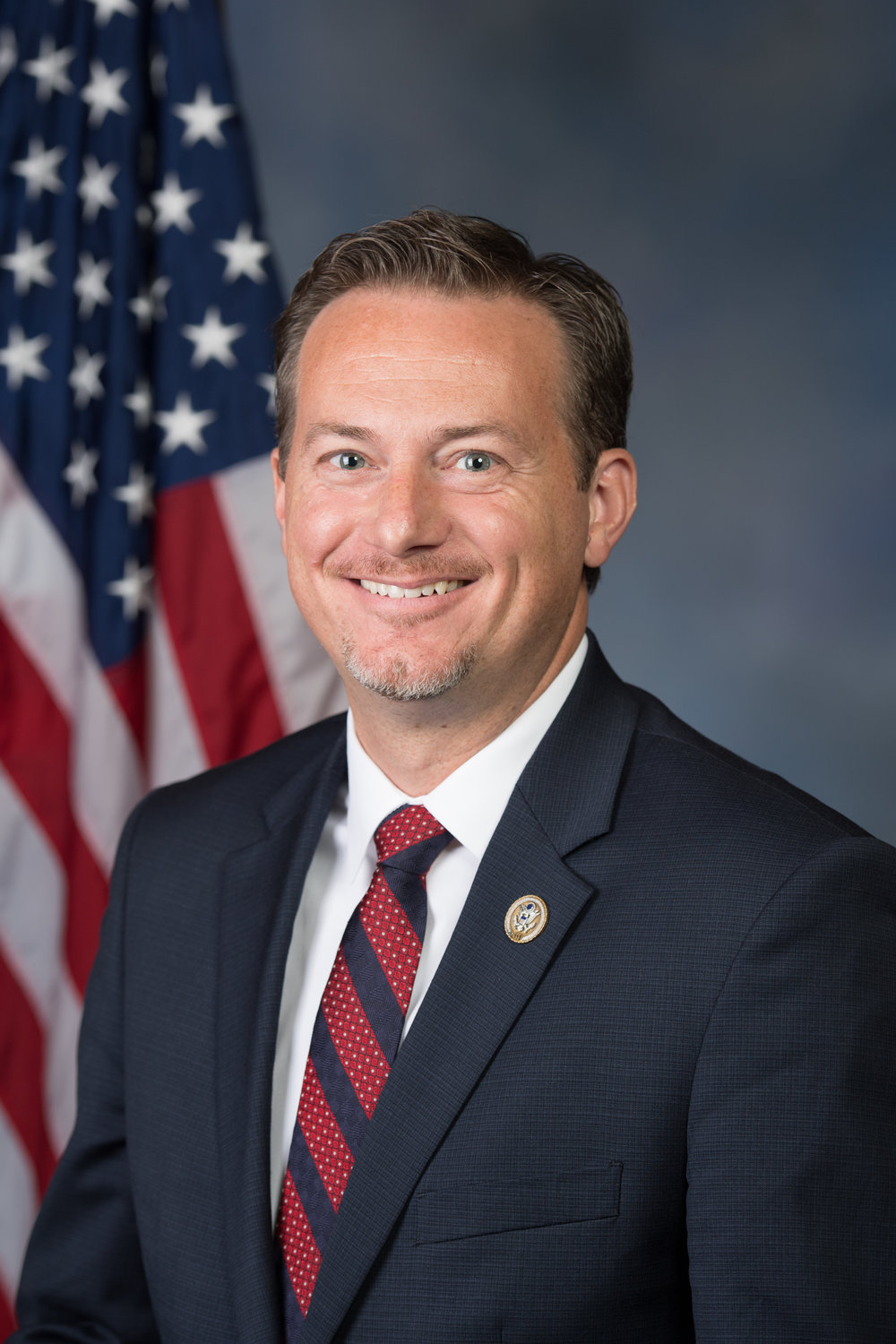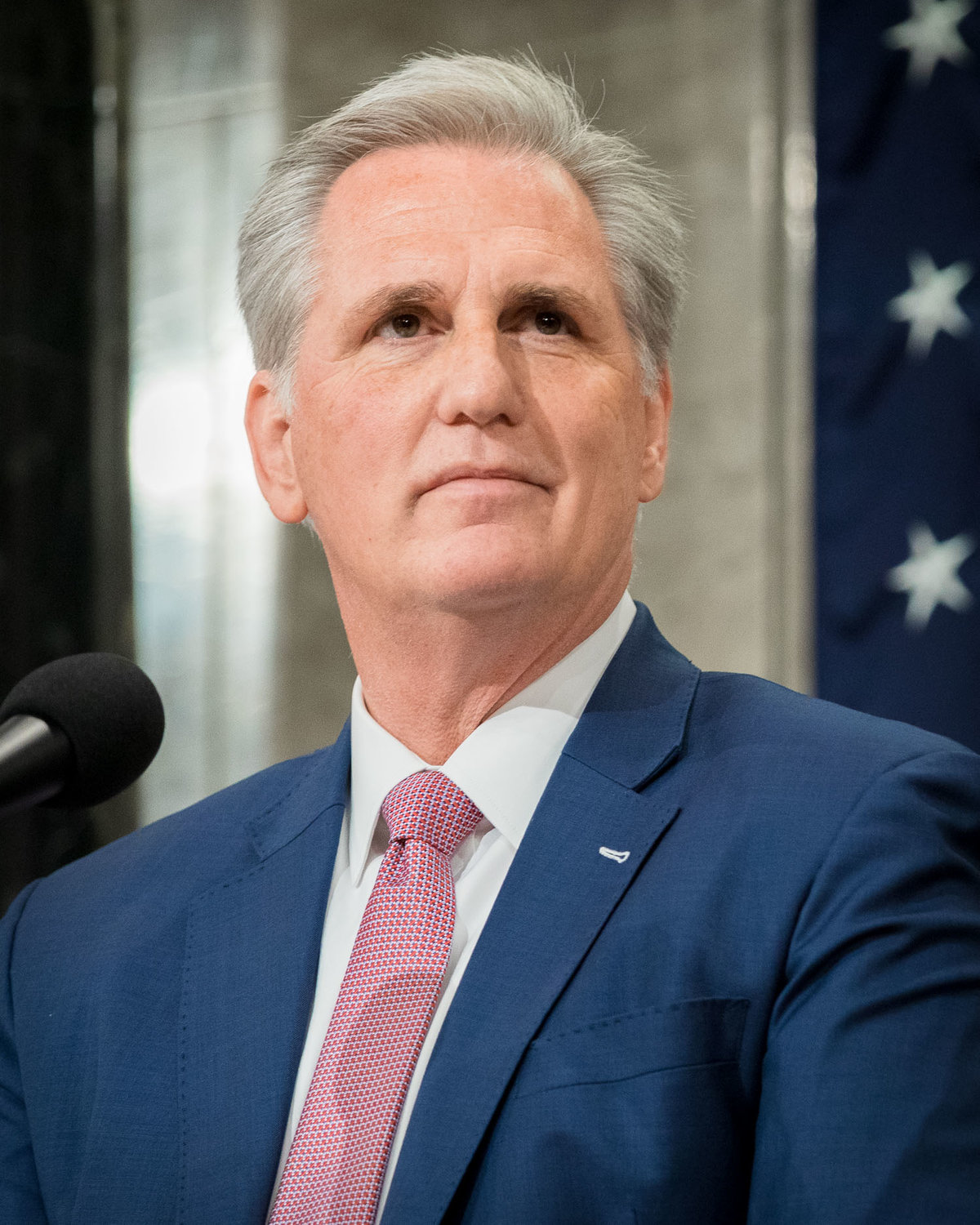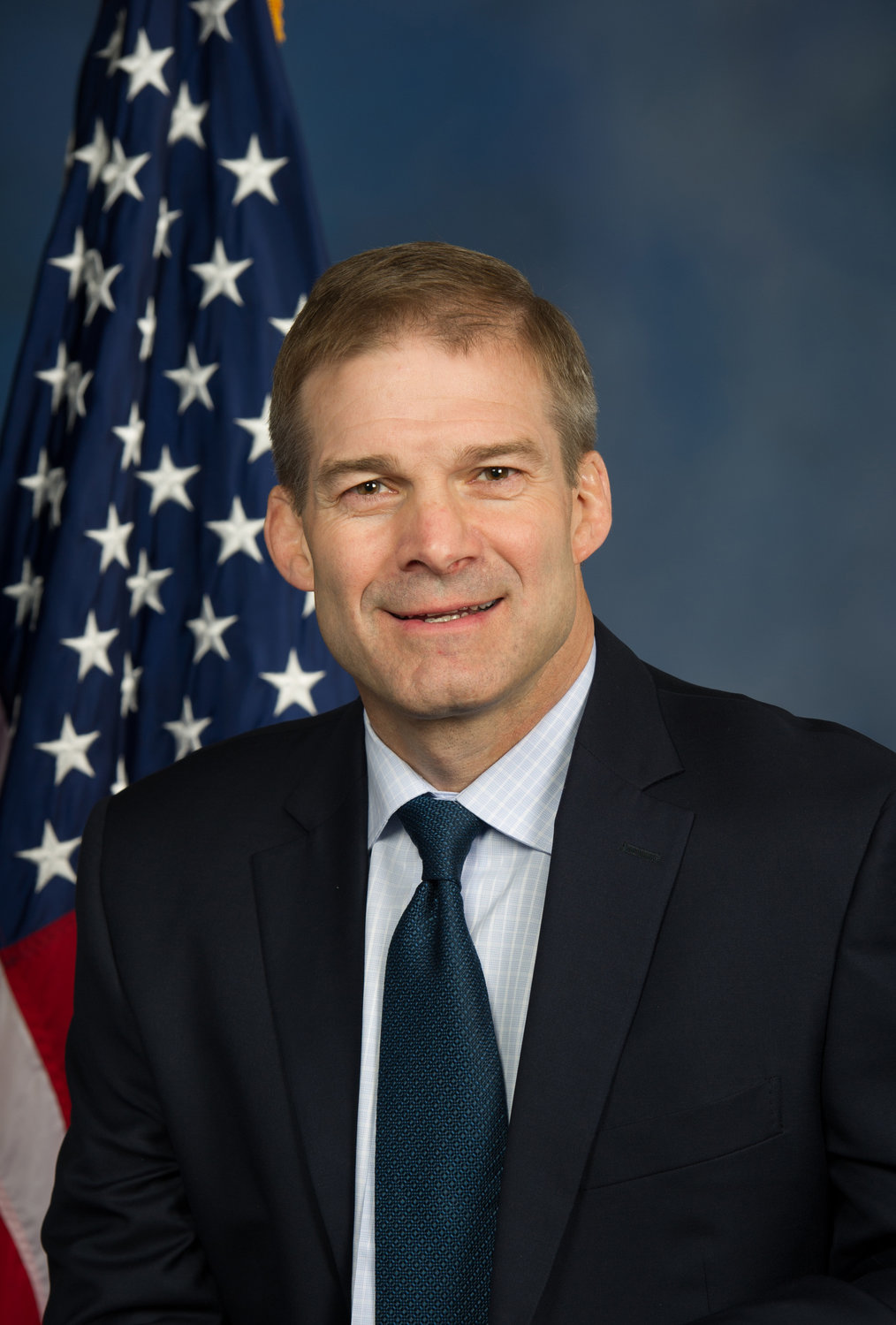Cloud votes against McCarthy for House Speaker
The 118th Congress officially opened on Tuesday, Jan. 3, and the first day ended with no resolution in who will be the next Speaker of the House as Rep. Kevin McCarthy, R-California, failed three times to get the necessary 218 votes to claim the gavel.
McCarthy received 203, 203 and 202 votes, respectively, in those three ballots, with Rep. Jim Jordan, R-Ohio, receiving 20 votes in the third round of voting as an alternative candidate to McCarthy, who had served as the Republican party’s minority leader in the House for the last four years.
New York Democrat Hakeem Jeffries, chosen to succeed former House Speaker Nancy Pelosi, D-California, as his party’s top leader, received 212 votes as the entire Democrat caucus voted en masse for Jeffries. He is the first African-American to be nominated as Speaker of the House or to lead a party caucus in either chamber. One House seat is currently vacant following the death of Rep. Don McEachin, D-Va., in November.
Among the 20 House Republicans who voted against McCarthy — mostly members of the hardline-conservative House Freedom Caucus, of which Jordan is the deputy chair — is Rep. Michael Cloud, R-Victoria, who represents Gonzales County in Congress.
Cloud, a Freedom Caucus member, issued the following statement regarding his vote in opposition to Kevin McCarthy as Speaker of the House of Representatives:
“Congress is broken. I have worked for months in high hopes and good faith that our conference would chart a course away from the status quo, put us on a path toward fiscal responsibility, and form a Congress in which the elected Representatives would truly be able to work on behalf of the American people.
“I have worked diligently with members of Congress, including Kevin McCarthy, to find agreement on key structural reforms and policy initiatives needed to put our country on the right path. Some progress was made, but ultimately many of the promises made lacked enforcement mechanisms necessary to ensure their implementation, casting doubt on the sincerity of reforms.”
Comments












